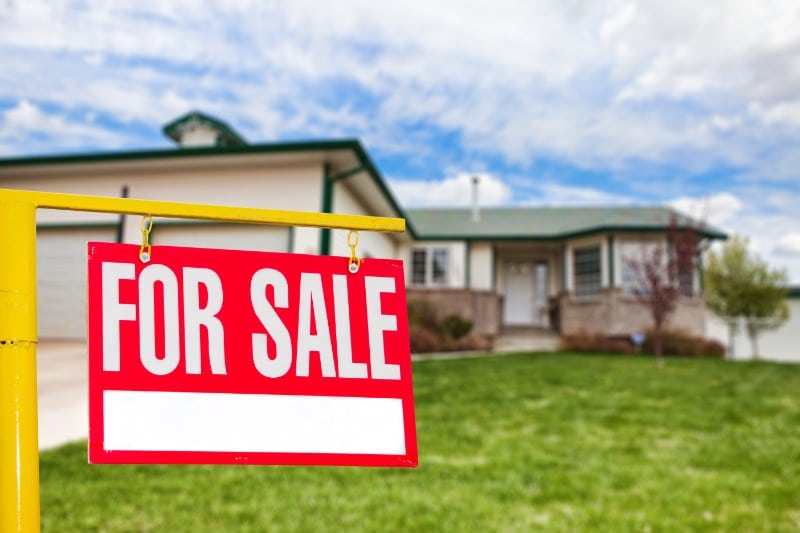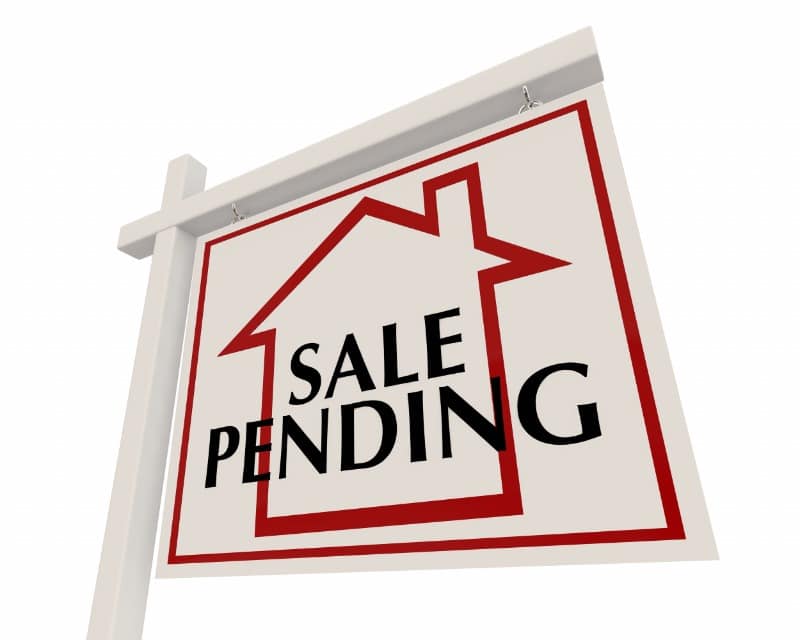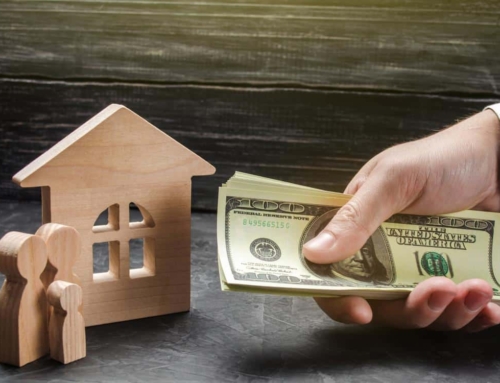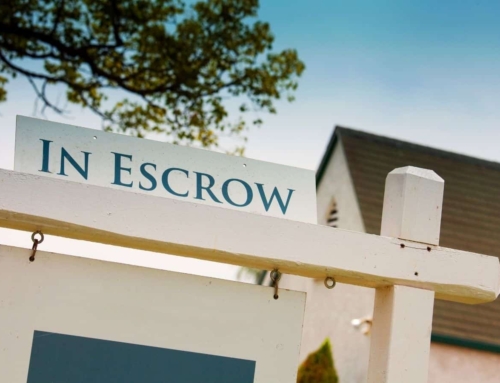Getting the best price when selling your home is all about making your property stand out – while spending the least amount of extra time and money.
In a property market still adapting to the economic repercussions of the COVID-19 epidemic, doing everything possible to maximize the value of your home is critical.
To make the best decisions, you must first understand what factors influence house sales in your area. Buyers are returning to the market as a result of low mortgage rates and a stable housing inventory. However, things continue to evolve and alter weekly, so it is critical not to rely solely on forecasts based on previous housing data. Summit Way Realty is here to help you get the best price for your home.
Below are a few things to think about to get the most money for your home:
- Have a clear understanding of the housing market in your area.
- Choose the best time to list your home based on the market.
- Research your area for comps when setting the price.
- Understand the costs associated with selling your home.
- Work with a knowledgeable real estate professional.
- Consider minor improvements that provide value at a low cost.
- Finally, negotiate the right offer, not merely the highest possible offer.
6 Guidelines to Follow When Selling Your Home
1. Be familiar with your local market.
When there are more houses for sale than buyers, a buyers’ market tends to fall as sellers battle for fewer purchasers. Conversely, when there are more buyers than homes for sale, prices tend to rise in a seller’s market as buyers fight for fewer homes.
Looking at the average number of days on the market for similar properties in your neighborhood is an excellent way to determine if you are in a buyer’s or seller’s market. DOM (days on market) is a real estate statistic showing how long a house is on the market. If similar properties to yours sell quicker than the average DOM in your neighborhood, it may mean high demand. You should also look at property appreciation for houses in the area. Property appreciation price indicates how quickly home prices are growing; a rapid increase may suggest that purchasers are willing to pay more.

Market trends will influence how you set the selling price of your property, as well as your capacity to negotiate repairs and contingencies. These trends may also provide insight on how long it may take when selling your home, which can ultimately impact your expenditures.
2. Select the best time to list your home
Home sales often fluctuate with the different seasons. For example, Spring generally attracts the most homebuyers because most people do not want to move during the colder months. While this may differ based on the market area, it is not the only thing to think about when deciding whether it’s “the ideal time to list your home for sale.”
It might be advantageous to sell your house when your equity allows you to pay off your existing mortgage, as well as the expenditures of selling and relocating. Otherwise, you may have to pay for these costs out of pocket. Unfortunately, according to Bankrate statistics, most homeowners do not have enough equity to cover the costs of purchasing, closing, and relocating until they have lived in their homes for over five years.
Timing the sale of your home to get a better price could also cause a conflict with other goals and priorities in your life, such as relocating for a new career, assisting aging parents, or beginning a family.
3. Determine the appropriate pricing
If you set the price too high for your house, you run the risk of having to reduce your asking price. You also run the risk of increasing the number of days your home is on the market. Buyers may grow uneasy about a property if the price is reduced repeatedly over time. This may imply that something is wrong with your home or limit your bargaining power.
Finally, the length of time it takes to sell your home may have far-reaching financial repercussions, especially if there is pressure to move quickly. Even if you can sell your home for a good price, you may face an overlap in housing costs such as paying a second mortgage, fees for storage, or short-term rental costs. But, on the other hand, you could potentially pass on a fantastic purchasing chance.

4. Learn the costs of selling a house
When you sell your home, it’s easy to get caught up in real estate agent commissions. However, when considering all other fees, such as closing costs, concessions for sellers, upkeep and repairs, relocation costs, and potential rent, the cost of selling your home could end up costing you as much as 10% of your total sale price.
Some expenditures, like real estate commissions and closing costs, are out of your control. However, you can control things like how you prepare your property and negotiate your home sale. The key is to comprehensively understand the costs to sell your home and set a budget allowing you to save money.
5. Consider renovations that are low cost and that enhance the value of your home
Choose home upgrades that will increase the value of your home. The impact a home improvement has will differ depending on the market and the value of your house. Some upgrades, such as adding hardwood floors or an inground pool, have a more significant impact on the more expensive home. Others, such as a kitchen makeover or adding a full bathroom, have a more substantial effect on the value of a less expensive home.
Because more extensive remodeling projects may be time-consuming and result in additional unforeseen expenses, evaluating the costs and potential increase in value of your house is critical. Focusing on modest neutral modifications, on the other hand, is a fantastic approach to improve your property while maintaining broad appeal to purchasers.

6. The best offer isn’t always the highest bid
It’s normal to think the highest offer on your property is the best offer, especially if it’s higher than your listing price. However, this is not always the case. Be sure to weigh the terms of the offer before accepting, especially when there are contingencies that allow the buyer or seller to terminate the agreement. Below are a few examples of conditions that a buyer can add to their offer:
Contingency for financing
A finance contingency allows the buyer to withdraw their offer if they cannot obtain a mortgage. As a seller, this type of contingency puts you at risk of losing time and having to relist your house.
Contingency for home sale
Contingency for the buyers’ sale allows the purchaser to ensure that the revenues for their current property will be available before acquiring your home. The risk with this contingency is that the buyer’s timetable may not align with yours, and it gives the buyer the right to walk away if they are unable to sell their property.

Contingency plan for inspection
A contingency for inspection allows the buyer to bargain for repairs, request a closing date delay, or even withdraw their offer in the event the house inspection reveals any serious issues you were unaware of and did not disclose. Unfortunately, this is a typical reason for pending sales to fail.
Buyers in a sellers’ market are more likely to waive contingencies due to competition. In the absence of competition, a buyer may request additional contingencies because the seller may be less likely to reject an offer. As a result, the highest bid may not be the best offer based on the contingencies identified above. This is even more true when the buyers’ timeline does not match yours. If the sale falls through and it is necessary to relist your property, you may wind up paying more money than if you had taken a lower offer with no contingencies.
In the End
If you are selling your home and want to maximize your profits, it is vital first to understand the housing trends in your local market. Setting a price that is too high can have immediate financial implications while underpricing can result in losing money. In addition, the selling price of your property is affected by factors other than the advertised price. Therefore, it is essential to consider all selling costs, including closing fees, concessions, upkeep, and overlapping housing costs.
At Summit Way Realty, we help you with all aspects of selling your home. Our agents understand high-impact marketing, have the greatest knowledge of the Greater Kansas City real estate market, and provide the best-in-class service. Contact us today!







